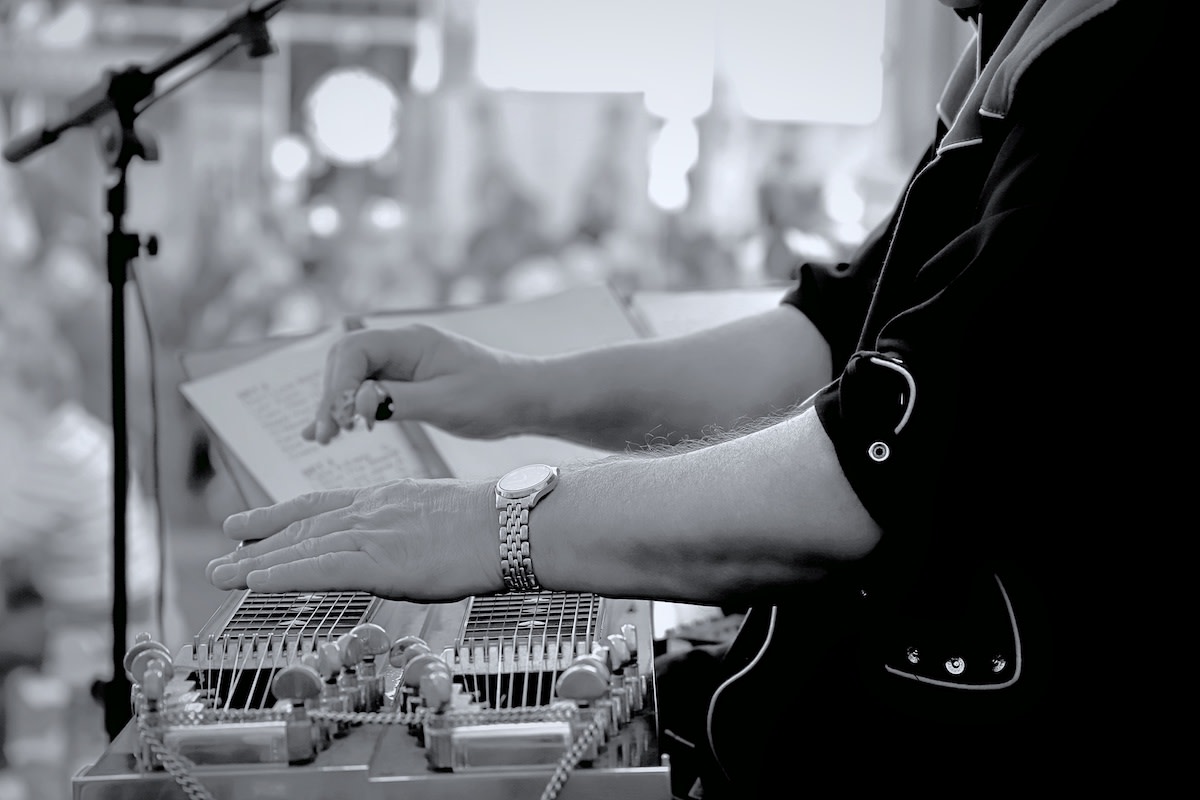Alternative Country Music Guide: History and Artists of Alt-Country
Written by MasterClass
Last updated: Jun 9, 2021 • 3 min read
Alternative country or alt-country, a subgenre of country music, has found resonance with fans of alternative and indie rock.
Learn From the Best
What Is Alternative Country Music?
Alternative country music is a subset of traditional country music that trends more toward roots rock music and rough-hewn lyrics. While many mainstream country artists favor well-established chord progressions and familiar lyrics on topics such as love, patriotism, and trucks, alternative country artists frequently break from predictable formulas.
Also known as alt-country, Americana, cowpunk, and insurgent country, alternative country music draws its roots from traditional singer-songwriters of the 1930s and 1940s, most notably Hank Williams Sr. The outlaw country songs of Johnny Cash, Willie Nelson, Merle Haggard, Gram Parsons, Emmylou Harris, Steve Earle, and Townes Van Zandt have also inspired the current alt-country movement. The subgenre also harkens back to punk rock; the nonconformist punk energy of groups like Mekons and Minor Threat resonated with the young musicians who would help launch the alt-country movement in the 1990s.
A Brief History of Alternative Country Music
Alternative country emerged in the 1980s and 1990s, but its influences date back to the 1930s.
- Outlaw inspirations: In the ‘30s, bluegrass artists such as Earl Scruggs and crooners like Hank Williams Sr. produced highly influential recordings out of Nashville, Tennessee. They inspired outlaw country musicians like Willie Nelson, Steve Earle, Gram Parsons, and Townes Van Zandt, who did not fully mesh with the commercial bent of Nashville honky-tonks and recording studios. Some of these artists decamped for other cities (most notably Austin, Texas), while others remained in Nashville, around the fringes of the mainstream.
- Outlaw country meets punk: The early 1980s saw an emergence of musicians equally influenced by outlaw country stars and punk groups from New York, London, and Los Angeles. Nashville group Jason and the Scorchers, for example, merges country twang with punk intensity. Other country artists like Lucinda Williams and The Jayhawks found pockets of indie success, despite not formally portraying themselves as out of the country mainstream.
- Influence of Uncle Tupelo: The origin of the term "alternative country" has been tied to the rise of St. Louis-based Uncle Tupelo. The group's 1990 debut, No Depression, merged twangy country tropes with punk energy and distorted guitars. Co-leaders Jay Farrar and Jeff Tweedy showcased their disparate influences by covering both traditional country ballads like "Moonshiner" and punk songs like "I Wanna Be Your Dog" by Iggy and the Stooges. When Uncle Tupelo broke up, Farrar continued in the alt-country tradition with his new group Son Volt, while Tweedy pushed into other styles of rock with Wilco.
- Later alt-country: The 1990s and 2000s saw the rise of prominent alt-country artists, including Whiskeytown (led by Ryan Adams), Drive-By Truckers, Bottle Rockets, Calexico, Robbie Fulks, Freakwater, Gillian Welch, and Jason Isbell. Other artists who predated alt-country also flourished; these included Lucinda Williams and Emmylou Harris, who scored 1990s hits with their respective albums, Car Wheels on a Gravel Road and Wrecking Ball.
- Alt-country labels: The Chicago-based indie label Bloodshot Records fostered many of the early alt-country bands, including Ryan Adams, Waco Brothers, and Robbie Fulks. Major label imprints like Lost Highway have also released numerous alternative country albums.
4 Characteristics of Alternative Country Music
Alternative country music is defined by several consistent traits:
- 1. Strong influence from early country music: Alt-country bands often show direct influence from early country artists like The Carter Family and Hank Williams Sr. It largely eschews the influence of country-pop artists like Dolly Parton and Garth Brooks.
- 2. Appreciation for outlaw country: The direct forebears of alternative country were the nonconformist outlaw country artists of the 1970s and 1980s, such as Willie Nelson, Townes Van Zandt, Blaze Foley, Steve Earle, and Merle Haggard.
- 3. Punk energy: The typical alternative country artist may be just as influenced by punk groups like The Damned or The Stooges as by Johnny Cash or Waylon Jennings. This helps produce a musical sound that mimics southern rock and rockabilly as much as it does a country ballad.
- 4. Poetic lyrics: Mainstream country is known for mining the familiar tropes of flags, trucks, and breakups. Alternative country lyrics tend to be much more varied. Key records of the genre, like Whiskeytown's Strangers Almanac and Wilco's Being There, upended stereotypes about what country lyrics could be.
Want to Learn More About Music?
Become a better musician with the MasterClass Annual Membership. Gain access to exclusive video lessons taught by the world’s best, including Reba McEntire, Carlos Santana, Herbie Hancock, St. Vincent, Itzhak Perlman, Tom Morello, and more.
